Neeraj Chopra's Diet: How Javelin Star Stays In Peak Shape - In Pics
Neeraj Chopra, India’s javelin throw sensation, not only excels on the field but also maintains an exceptional diet and fitness routine. From his balanced breakfast to occasional cheat meals, Chopra's dietary choices reflect his commitment to peak performance. Dive into the key elements of his diet and how they contribute to his success in sports.
)
Neeraj Chopra starts his day with a hearty breakfast that includes fruits, yogurt, oats, egg whites, and whole grain bread. He complements this with juice or coconut water for hydration.
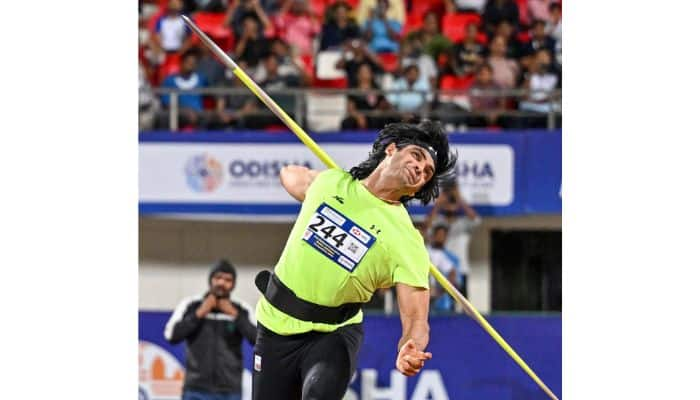
For lunch, Chopra opts for a balanced meal of curd, rice, pulses, vegetables, grilled chicken, and salad. This combination ensures he gets a mix of proteins, carbs, and essential nutrients.
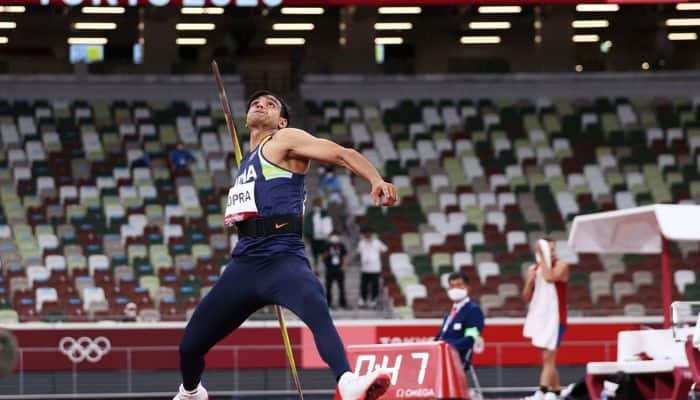
To stay fueled between practice sessions, Neeraj munches on chia seeds, bananas, dry fruits, and fresh juice, providing him with quick energy and essential vitamins.
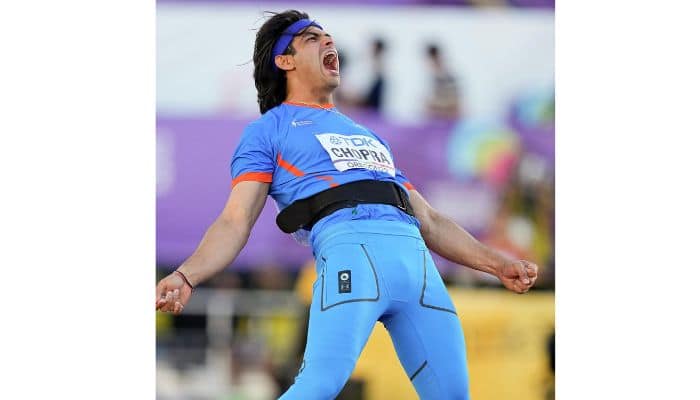
In the evening, Chopra avoids carbs and sticks to a lighter meal with vegetables, salads, and various protein sources. He finishes with milk, dates, and occasionally jaggery.
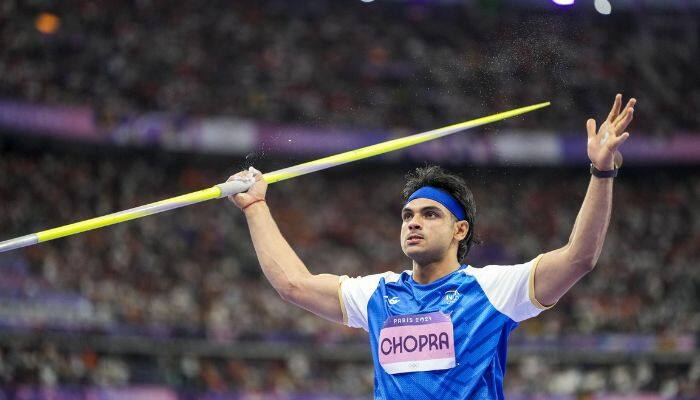
Once a strict vegetarian, Chopra transitioned to a non-vegetarian diet in 2016 due to limited vegetarian options at his training camp. Salmon fish has become his preferred protein source.
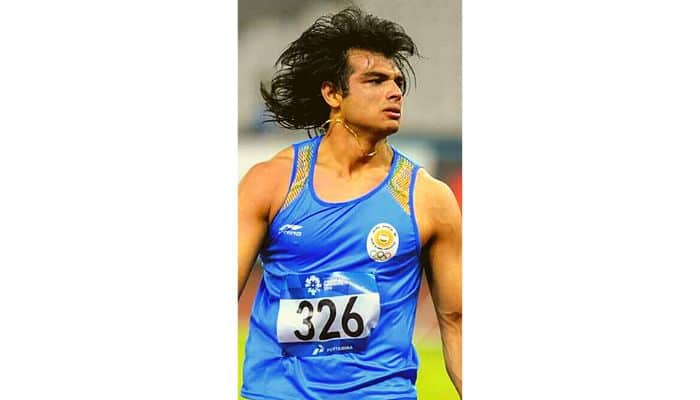
Despite his rigorous diet, Chopra indulges in cheat meals like golgappa and churma. These treats allow him to satisfy his cravings while maintaining overall dietary discipline.
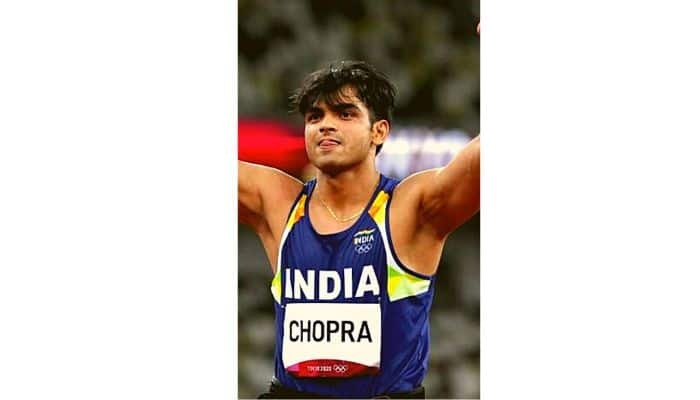
After gaining weight post-Tokyo 2020, Chopra cut out sugar and reduced carbs while increasing protein intake. This adjustment helped him shed excess weight and improve his physique.
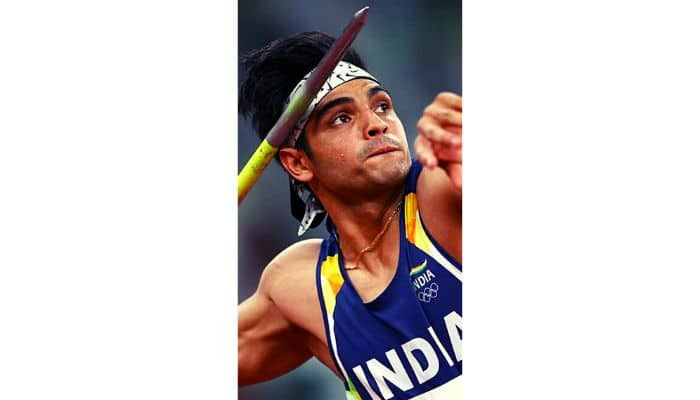
Chopra’s fitness routine focuses on cardio and long-distance running, complemented by weight training. This combination helps in maintaining endurance and building strength.
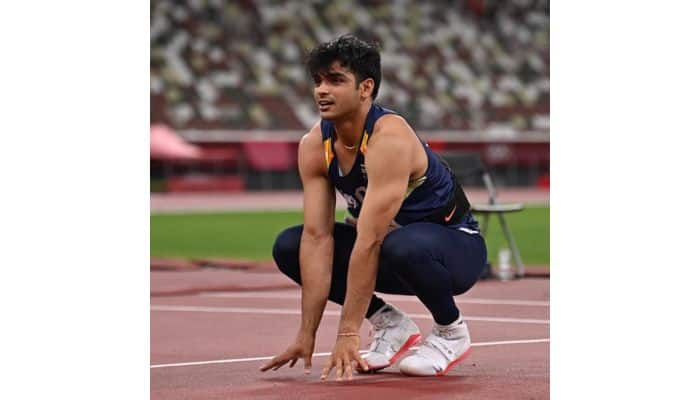
Hydration is crucial in Chopra’s diet, with regular consumption of coconut water and fresh juice. Proper hydration supports his intense training regimen and overall health.
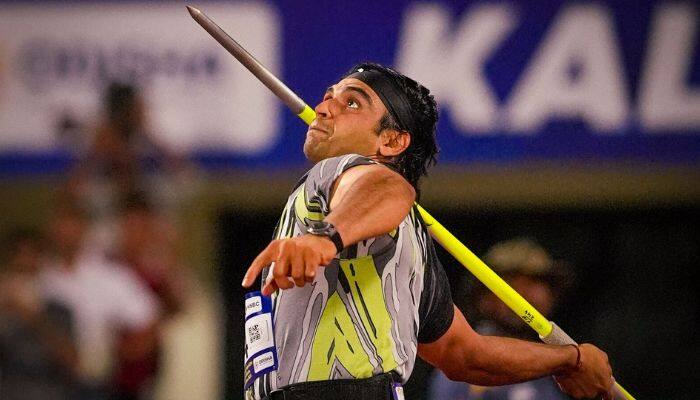
Neeraj Chopra’s dietary changes, including the shift to non-vegetarian options, highlight his adaptability in meeting nutritional needs while facing logistical challenges during training abroad.

